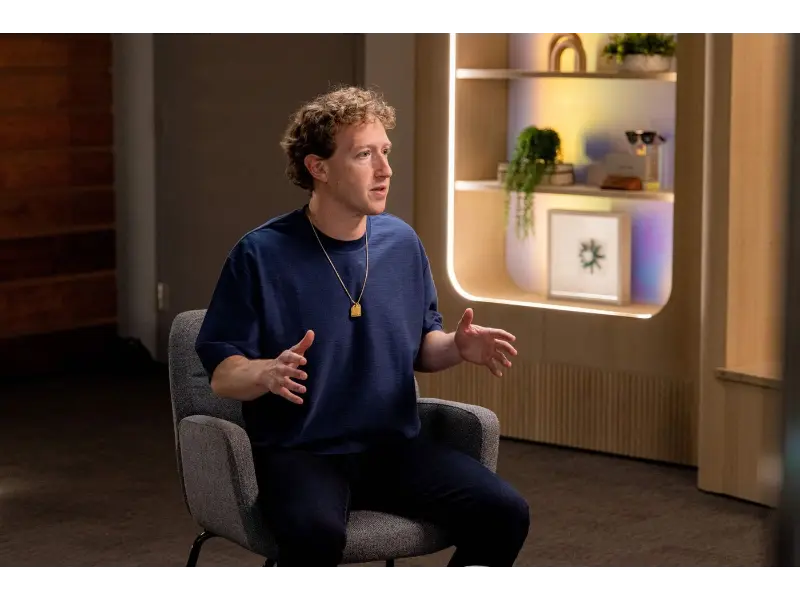- Meta unveiled an new AI model with enhanced reasoning and generative AI capabilities designed to outperform rivals such as Google and OpenAI.
- Mark Zuckerberg committed to a large investment in AI, with plans to make Meta’s AI technology the foundation of the industry through an open source approach.
OUR TAKE
Meta has unveiled a new and powerful AI model, the Llama 3.1, which it aims to make the world’s most used chatbot by the end of the year. This model powers the Meta AI chatbot in apps such as Instagram and WhatsApp, marking Meta’s shift towards becoming a foundational player in AI, independent of competitors. Despite advocating an open source approach, Meta keeps certain datasets private, in order to balance innovation with competitive advantage. Personally, I see Meta’s push into AI as a double-edged sword. One is that it democratises AI technology, potentially encouraging innovation and new applications that could benefit society. However, the concentration of such powerful technologies in the hands of a few large companies could pose significant challenges in terms of privacy, data security and market fairness.
—Heidi Luo, BTW reporter
What happened
Facebook parent company Meta Platforms has unveiled its latest AI model, Llama 3.1, which CEO Mark Zuckerberg has called as a “state-of-the-art” development capable of competing with major players such as Google and OpenAI.
The new model is a step up from its predecessor, Llama 3, with improved reasoning and generative AI capabilities that are essential for handling complex mathematical calculations and synthesising large texts.
In addition, its generative AI capabilities extend to the creation of images based on textual prompts. In particular, the “Imagine Yourself” feature allows users to upload a facial image, which the AI uses to generate representations in various settings and scenarios. The development process involved several months of rigorous training and a significant investment of hundreds of millions of dollars in computing resources, according to Zuckerberg.
“The Llama models that we’re building are some of the most advanced in the world. And Meta is already working on Llama 4 to push the boundaries of AI technology even further,” Zuckerberg said during an interview with the Bloomberg.
Also read: Meta announces withholding its latest AI model from the EU
Also read: Meta releases early versions of Llama 3 multimodal AI model
Why it’s important
Meta Platforms continues to push the boundaries of AI with the new AI model, which not only enhances Meta’s existing AI chatbot, Meta AI, used across its social platforms such as Instagram and WhatsApp, but is also available as a separate web service. Zuckerberg expects it to be the most widely used chatbot in the world by the end of the year.
By taking the lead in AI development, Meta aims to move away from reliance on competitors’ platforms and establish its own foundational technologies. This strategic move is backed by investment, including the purchase of around 350,000 Nvidia H100 GPUs, which are crucial for training sophisticated AI models such as Llama.
Despite promoting an open source approach to AI, Meta maintains the confidentiality of the datasets used to train Llama 3.1. While Meta uses publicly available data from platforms like Facebook and Instagram, it also uses proprietary datasets, which Zuckerberg believes provides a competitive advantage without compromising the openness that fosters innovation.

